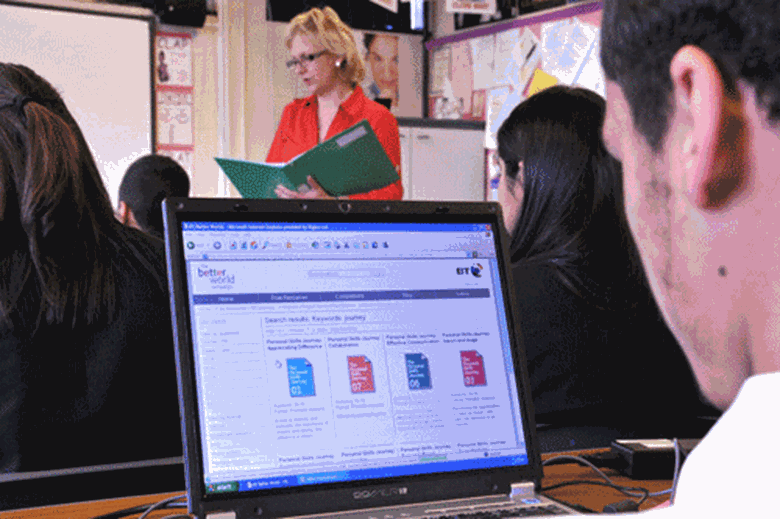Deaf student challenges proposed DSA changes
Adam Offord
Wednesday, February 4, 2015
A legal challenge is being launched against the government over proposed changes to the way support for disabled students is funded.

The action is being brought by deaf 17-year-old Zanna Messenger-Jones, from Cumbria, with the backing of the National Deaf Children’s Society (NDCS), because she fears planned changes to what support is funded under the disabled students' allowance (DSA) will mean she will not get the help needed to study a higher education course.
Under Department for Business Innovation and Skills (BIS) reforms first announced last year, some equipment and help, such as note takers, previously funded through the DSA, will no longer be eligible from September 2015. Instead, the government expects higher education institutes (HEI) to provide such support, although no additional funding has been provided.
Campaigners say the changes, which are being consulted on until 20 February, will make it harder for disabled young people to access specialist equipment and interpreters at some colleges and universities.
The NDCS also warns that the move will force young deaf people to choose a HEI based on what, if any, support it provides, rather than the merits of the education, and could prevent disabled students from completing their studies or starting a degree programme.
More than 60,000 students annually receive the DSA, which is set at £5,161 for specialist equipment (including assistive technologies such as laptops, digital recorders, screen reading and voice recognition software), and £20,520 for non-medical helpers (such as note-takers, scribes/typists and library support). Money is paid either into a bank account or directly to the organisation providing the service or equipment.
The NDCS claims the BIS has failed to have a proper consultation on the DSA proposals, and said that expecting higher education institutes to cover the costs is unrealistic.
Susan Daniels, NDCS chief executive, said: “We are extremely concerned that changes to the DSA will mean that [deaf students'] access to higher education will be severely compromised.
“The government needs to stop this reckless attempt to reform the DSA without putting in place proper safeguarding to protect deaf students’ support in higher education.“
A BIS spokesman said: “BIS is seeking comments on the draft 2015/16 Disabled Students’ Allowance guidance. The opportunity to comment on the draft guidance was re-opened in January and will close on 20 February. The Secretary of State will take into account the views of stakeholders and the equality analysis that is being conducted, before any final decision is taken.
“We would not comment further on legal proceedings.”
Last week, the NDCS also raised concerns about the education performance of deaf children, after the Department for Education data showed nearly two-thirds of deaf children have left secondary school without good GCSEs compared with just over one-third of able-bodied peers.
Research by the Consortium for Research in Deaf Education also shows the number of specialist teachers of deaf children has fallen six per cent since 2011 to now stand at 999, its lowest level ever.




